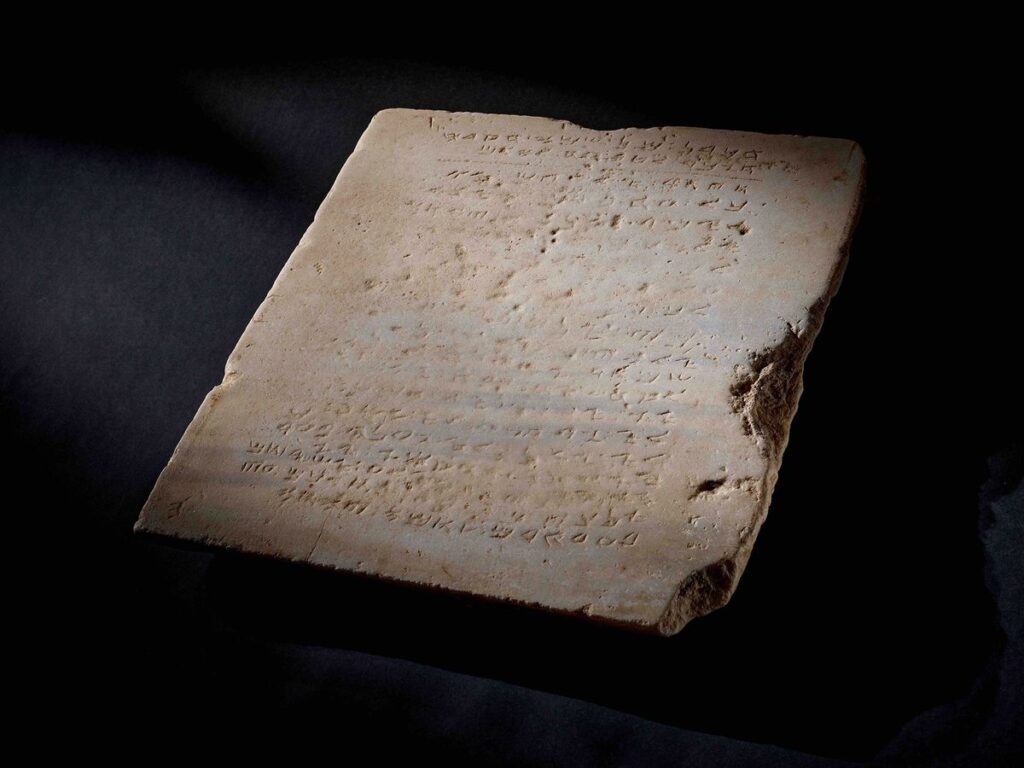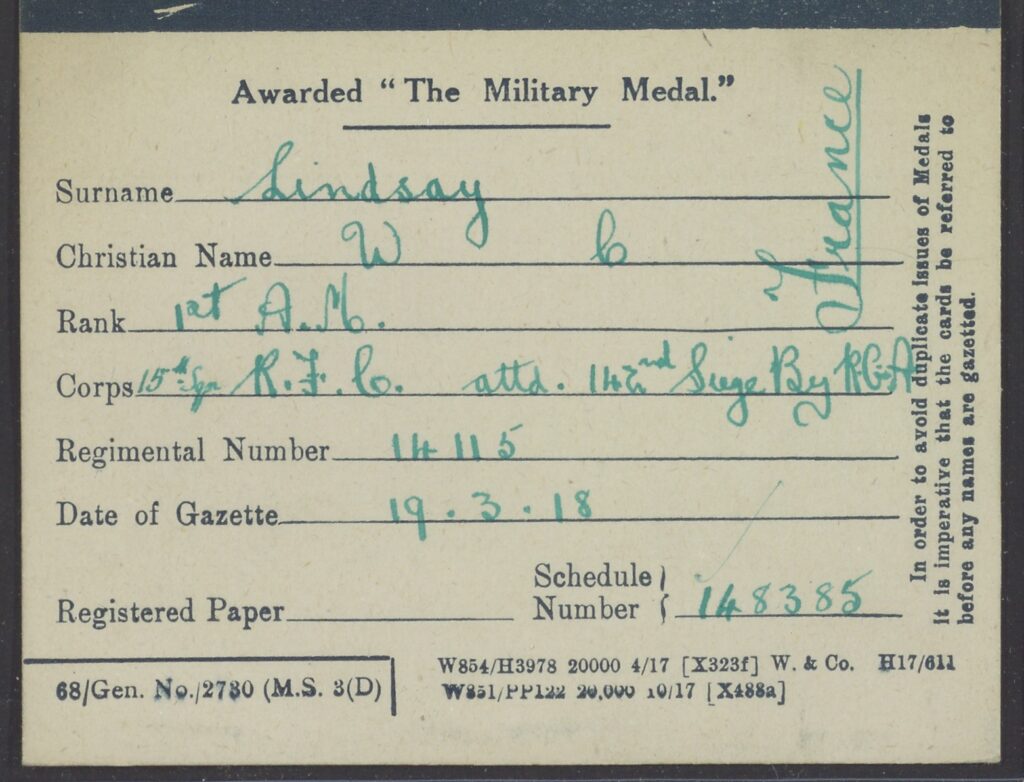This marble tablet weighs 115 pounds and measures two feet tall.
Sotheby’s
The oldest-known stone tablet featuring an inscription of the Ten Commandments is going to auction, where experts think it could sell for between $1 million and $2 million. The 1,500-year-old marble slab was discovered in 1913 during a railway excavation along the southern coast of what is now Israel. Dating to between 300 and 500 C.E., it was unearthed near the locations of early synagogues, mosques and churches.
On December 18, Sotheby’s will sell the tablet, which features 20 lines of Paleo-Hebrew script. It stands about two feet tall and weighs 115 pounds. This is the first time it’s been on the market since 2016, when it brought in $850,000.
“We understood how powerful the object was, and we were really thrilled to be able to offer it for sale to the public,” Sharon Liberman Mintz, Sotheby’s international senior specialist of Judaica, books and manuscripts, tells ARTnews’ Karen K. Ho.
“This is really one-of-a-kind,” she adds. “It’s one of the most important historic artifacts that I’ve ever handled.”
Sotheby’s estimates that the tablet could sell for between $1 million and $2 million.
Sotheby’s
However, for many years after the artifact’s discovery, no one understood the extent of the tablet’s historical significance. Per Sotheby’s, someone once used it as a paving stone at the entrance of their house. The inscription, which faced upwards, sustained damage as guests walked on it.
“Some of the letters of the central part of the inscription are blurred—but still readable under proper lighting—either from the conditions of its burial or foot traffic while it was resting in the courtyard,” David Michaels, director of ancient coins for Heritage Auctions, told CNN’s Georgia McCafferty in 2016.
In 1943, its circumstances finally changed. Y. Kaplan, a municipal archaeologist, bought the slab and realized that it was a rare text known as a “Samaritan Decalogue.” It was made by the Samaritans, an ancient group whose beliefs are rooted in the Old Testament. Unlike Jews, however, they believe that God’s dwelling place is Mount Gerizim in the present-day West Bank, rather than Mount Zion in Jerusalem.
Most of the text on the marble reflects biblical verses “familiar to both Christian and Jewish traditions,” per a statement from Sotheby’s. However, it only lists nine of the commonly known commandments, leaving out “Thou shalt not take the name of the Lord in vain.” In its place is a directive to worship at Mount Gerizim. According to Sotheby’s, the tablet may have once appeared on display in a Samaritan synagogue or private home.
“This remarkable tablet is not only a vastly important historic artifact, but a tangible link to the beliefs that helped shape Western civilization,” says Richard Austin, Sotheby’s global head of books and manuscripts, in the statement. “To encounter this shared piece of cultural heritage is to journey through millennia and connect with cultures and faiths told through one of humanity’s earliest and most enduring moral codes.”


